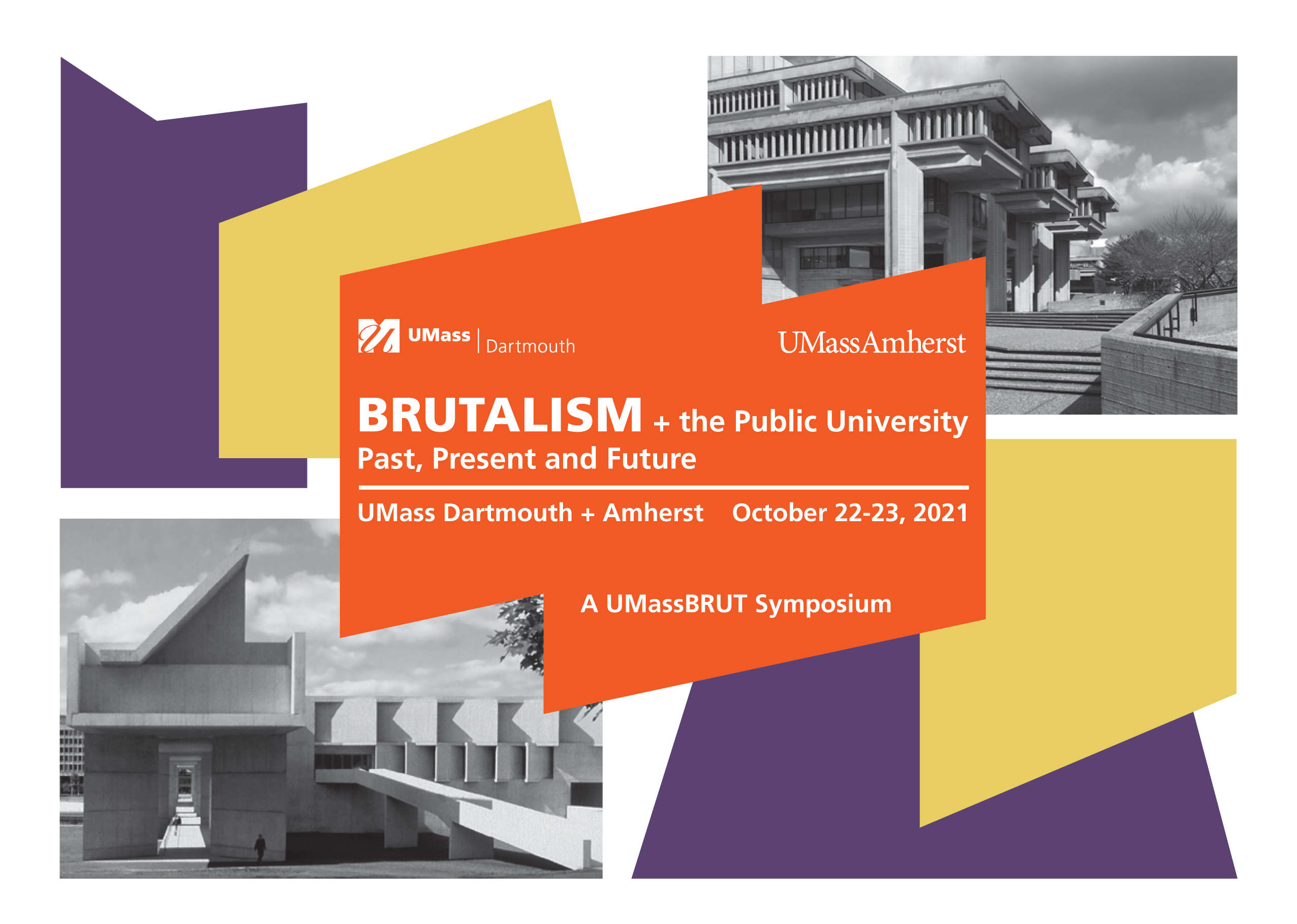
Day 1: UMass Dartmouth
Loading...
DOI
https://doi.org/10.7275/mydx-7d15
Location
University of Massachusetts Dartmouth
Event Website
www.umassbrut.org
Start Date
22-10-2021 3:40 PM
End Date
22-10-2021 5:00 PM
Abstract
This presentation details themes, regarding sustainability, from three adaptive reuse projects of Brutalist and post-war Modernist structures, accentuating overlaps with sustainability, embodied carbon, preservation, densification, and urbanization – all hallmarks regarding the adaptive reuse of these buildings. The first project illustrates opportunities created by up-branding a 1970’s era Sheraton into a “new” W Hotel (Midtown, Atlanta), whereby the preservation of the concrete playfully juxtaposed new interior/exterior design elements. The second project looks at the transformation of a purpose-built newspaper headquarters into a “new” LEED/Fitwel certified commercial facility, which reknit previously separated neighborhoods into a pedestrian/transit-oriented destination, serving as a catalyst for future growth/density within a previously auto-centric community (Dorchester, MA). The third example explores the drafting of a Request for Proposals (RFP), which the City of Boston utilized to solicit bids to reimagine the Paul Rudolf designed Erich Lindemann Mental Health Center site, encouraging the adaption/preservation of the existing building as part of a larger complex and realization of the original vision for the site by the architect. In conclusion, the presentation addresses challenges and opportunities with adaptive reuse of buildings of this vintage, including thermal bridging, municipal decarbonization efforts, and efforts by professional organizations to curb embodied carbon.
Included in
Architectural Engineering Commons, Construction Engineering Commons, Historic Preservation and Conservation Commons
Lessons Learned from Personal Experience in Adaptive Reuse
University of Massachusetts Dartmouth
This presentation details themes, regarding sustainability, from three adaptive reuse projects of Brutalist and post-war Modernist structures, accentuating overlaps with sustainability, embodied carbon, preservation, densification, and urbanization – all hallmarks regarding the adaptive reuse of these buildings. The first project illustrates opportunities created by up-branding a 1970’s era Sheraton into a “new” W Hotel (Midtown, Atlanta), whereby the preservation of the concrete playfully juxtaposed new interior/exterior design elements. The second project looks at the transformation of a purpose-built newspaper headquarters into a “new” LEED/Fitwel certified commercial facility, which reknit previously separated neighborhoods into a pedestrian/transit-oriented destination, serving as a catalyst for future growth/density within a previously auto-centric community (Dorchester, MA). The third example explores the drafting of a Request for Proposals (RFP), which the City of Boston utilized to solicit bids to reimagine the Paul Rudolf designed Erich Lindemann Mental Health Center site, encouraging the adaption/preservation of the existing building as part of a larger complex and realization of the original vision for the site by the architect. In conclusion, the presentation addresses challenges and opportunities with adaptive reuse of buildings of this vintage, including thermal bridging, municipal decarbonization efforts, and efforts by professional organizations to curb embodied carbon.
https://scholarworks.umass.edu/umassbrut_community/2021symposium/day_1/3
